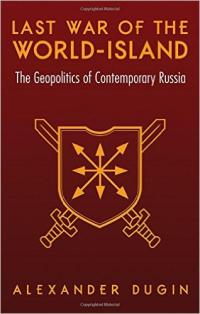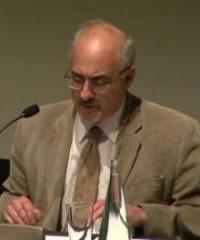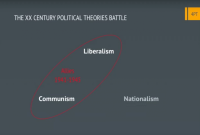THE NATION-STATE AND THE MULTIPOLAR WORLD
One of the most important points of the Theory of Multipolarity refers to the nation-state. The sovereignty of this structure has already been challenged during the period of ideological support for the two blocs (the “Cold War”) and, in the period of globalization, the issue acquired a much sharper relevance. We see the theorists of globalization also talk about the complete exhaustion of the “nation-states” and about the necessity of transferring them to the “World Government” (F. Fukuyama, before), or about the belief that nation-states have not yet completed their mission and must continue existing for a longer time with the purpose of better preparing their citizens for integration into the “Global Society” (F. Fukuyama, later).
























